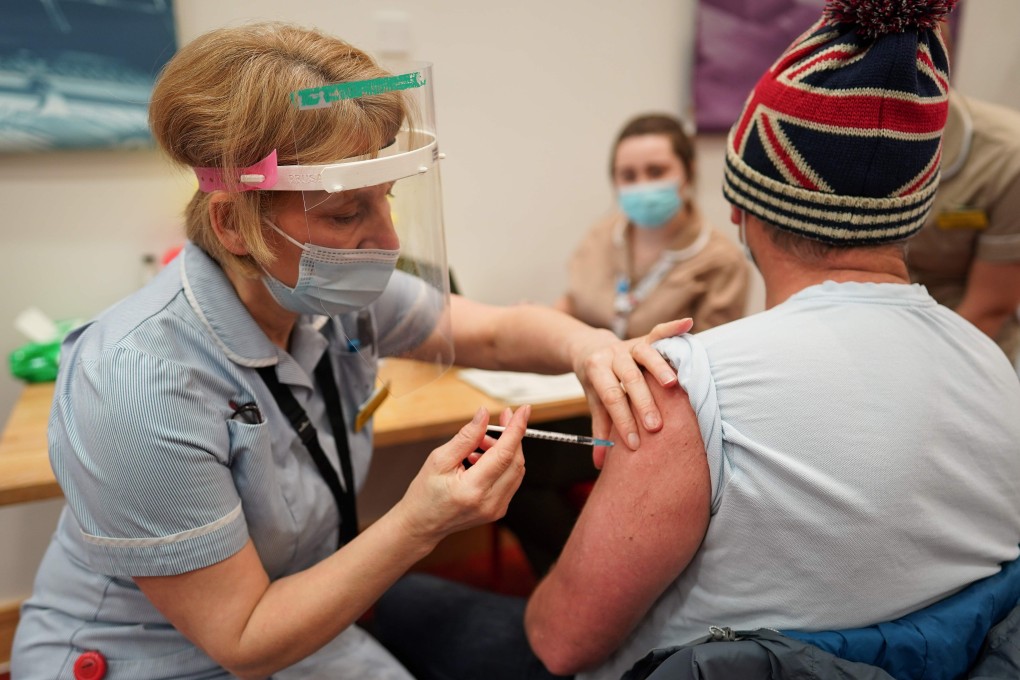Advertisement
Letters | Hong Kong calling UK ‘very high risk’ at odds with vaccine evidence
- Countries such as Germany and France, which have not done nearly as well as the UK on vaccinations, are somehow considered less of a risk
Reading Time:2 minutes
Why you can trust SCMP
8

I welcome the news that Hong Kong’s extreme quarantine measures are starting to be relaxed for fully vaccinated travellers. As a keen supporter of vaccination, I hope this can help to boost uptake in Hong Kong.
However, I would like the Hong Kong government to explain why the United Kingdom is still considered to be “very high risk” and travellers from there still subject to 21-day quarantine.
The seven-day average of new cases for the UK has been dropping steadily for the last few months and is currently at around 2,000 per day. However, Germany and France, countries with populations of similar size to the UK, have much higher seven-day averages of 14,000 and 18,000 per day respectively, an order of magnitude worse.
Advertisement
Only 32 per cent of Germany’s population has managed to receive at least one Covid-19 vaccination shot, and just 26 per cent in France. Meanwhile, the UK has managed 52 per cent and averages more than 400,000 new vaccinations per day, a rate of which Hong Kong can only dream.
Given the evidence, why are Germany, France and other countries that are demonstrably much higher risk than the UK considered to be only “high risk” – and thus fully vaccinated arrivals from there will only be subject to 14 days of quarantine – yet the safer UK is still “very high risk”?

01:40
Travel bubble: Hong Kong and Singapore to launch quarantine-free entry after long delay
Travel bubble: Hong Kong and Singapore to launch quarantine-free entry after long delay
What is the scientific rationale used to make this decision? On the face of it, this appears to go against the available evidence and is nonsensical.
Advertisement
Advertisement
Select Voice
Choose your listening speed
Get through articles 2x faster
1.25x
250 WPM
Slow
Average
Fast
1.25x